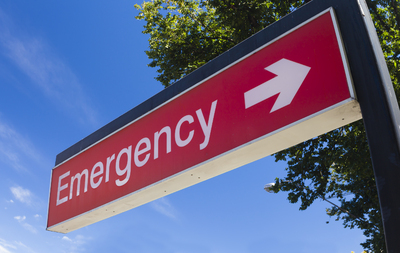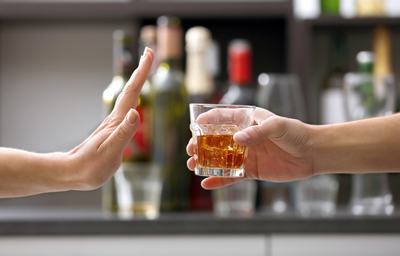 Awareness initiatives focused on educating the public about the dangers of excessive drinking are important; however, recent research published in the journal Alcoholism: Clinical and Experimental Research shows that there is more work to be done. Here’s a closer look at data revealed by the article, “Trends in Alcohol-Related Emergency Department Visits in the United States,” along with what these findings mean for alcoholics and the people who love them.
Awareness initiatives focused on educating the public about the dangers of excessive drinking are important; however, recent research published in the journal Alcoholism: Clinical and Experimental Research shows that there is more work to be done. Here’s a closer look at data revealed by the article, “Trends in Alcohol-Related Emergency Department Visits in the United States,” along with what these findings mean for alcoholics and the people who love them.
Eye-Opening Statistics
For many people, moderate drinking is not a problem. For others, the repercussions of drinking can be severe. Unfortunately, the number of people falling into the latter category appears to be growing. According to the research, American visits to emergency rooms due to alcohol consumption increased by a staggering 61 percent between 2006 and 2014. This compares to a mere eight percent increase in overall emergency room visits. At the same time, alcohol consumption per capita only increased by two percent over the same period of time.
The takeaway, according to study author Aaron White: “The lowest-hanging fruit in terms of hypotheses is that there must be an increase in risky drinking in some people. Even though that is not showing up in increases in overall per capita consumption, it is enough to drive the increase in alcohol-related emergency department visits.”
The research also highlights another troubling trend. The most significant increase in alcohol-related ER visits was seen among women, suggesting that women are “catching up with men nationally in overall drinking as well as in binge drinking, drunk driving, and deaths from cirrhosis of the liver caused by alcoholism,” according to NPR.
Addressing the Issue
We often think of alcohol use in terms of the economic toll. Indeed, it is a significant one. According to research published in the American Journal of Preventive Medicine, excessive alcohol use cost the country $249 billion in 2010, and the total costs continue to rise year over year.
For anyone who loves someone who drinks excessively, or who excessively drinks himself or herself, the individual toll of excessive alcohol use is also profound. Not only do tens of thousands of Americans die every year due to excess drinking, but alcoholism also puts people at increased risk for other health concerns, including everything from cancer and nerve damage to GI inflammation and permanent brain damage.
Furthermore, to limit the conversation to the physical effects of alcohol abuse is also remiss. Binge drinking and excess alcohol use are also associated with a number of personal and professional problems, including increased family problems and broken relationships, sexual problems, and loss of productivity in the workplace.
The Intervention Imperative
The research calls for more intervention, such as screenings and other measures aimed at preventing excess drinking to the point that a hospital visit is involved; however, this may be too little, too late in the case of people who are already suffering from addiction.

Quitting can be much more complex than just saying “no.” Enter comprehensive rehab programs.
As one woman told the Foundation for a Drug-Free World of her own alcohol dependency: “My addiction built steadily and before I realized it, I had become a morning as well as an afternoon drinker. I decided to stop drinking. I lay awake most of that night, and by noon the next day, every bone in my body ached. In a blind panic, I nervously poured a glass full of gin, my hands shaking so violently that I spilled half the bottle. As I gulped it down, I could feel the agony gradually lessening. Then I finally knew the terrible truth: I was hooked. I couldn’t quit.”
In other words, even when alcoholics can finally face the truth of their addiction, recovery is unlikely—if not impossible—if they go it alone. Enter rehabilitation programs. Designed to safely help addicts overcome their addictions in order to embrace the full potential of their lives, today’s substance abuse programs offer addicts meaningful help and guidance on the path to sobriety.
We’re Here to Help
To learn more about alcohol rehab in St. Louis, contact us at Harris House today. We stand ready to help!







